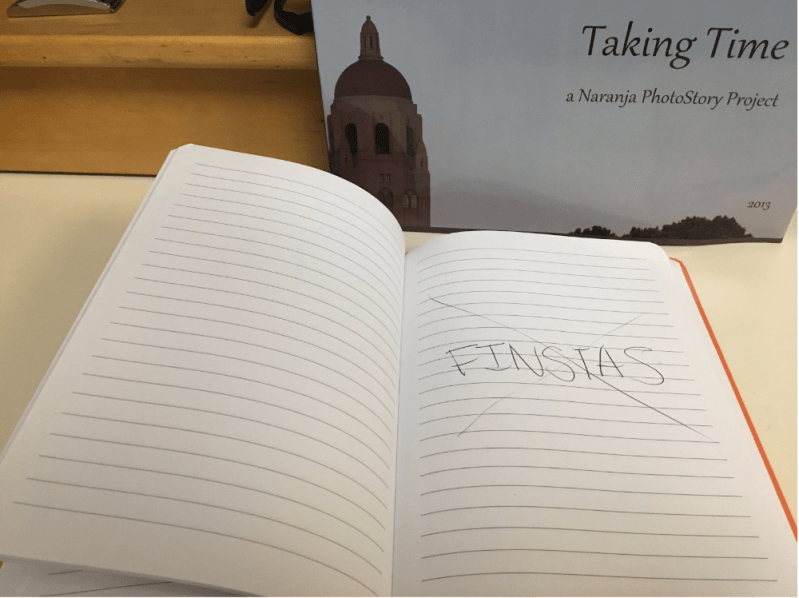Winter quarter is rough for a lot of students. Once the rainy season begins and professors assign problem sets on top of problem sets, it becomes quite easy to become engulfed by flames of overstress, anxiety and burnout. While everyone has different ways to cope with this, I firmly believe that therapeutic journaling is often undiscussed and undervalued.
While our generation often turns to finsta accounts, or ‘fake Instagrams’ for you boomers out there, this practice in itself can be a bit toxic. Finsta accounts usually embody a large amount of self-deprecation and while ranting might feel therapeutic at first, you might notice that it slowly chips away at your self-esteem. Yes, you crying in front of a mirror might seem meta and edgy but is it really healthy? The answer is no (although those posts do get the most likes).
The naked truth is that finstas have evolved as a way to show vulnerability and to showcase a different side of you that people might not generally know about. This is not always conducive to growth. Journaling, on the other hand, has all the benefits of vulnerability with less toxicity. It’s easy to fall into a rut or a routine and feel as if all the efforts you’ve put in are for nothing. With a journal, you are able to write down goals and hopes and simply explore some of your desires and even examine your past behavior. After a while, patterns emerge and while you might feel as if you’ve accomplished nothing, your journal will remind you that you have grown immensely as a person: the quarter system simply fooled you into thinking otherwise.
That’s why this winter quarter, I am promising myself that I will journal. While last winter quarter definitely challenged me, I want to challenge it back this year by prioritizing my own mental state and doing this mindful practice continuously. Journaling has proven to reduce anxiety and stress and while finstas can be funny, they can’t capture the complexity of all your emotions.
Journals also offer you the chance to notice some of the traits and behaviors about yourself that you like the least. Writing them down and noting them, helps you become a better person, in theory. In the same light, journaling helps cultivate some of the traits that you do like. While challenging yourself to talk to a stranger a day may seem intimidating, writing down your amazing conversations makes you grateful that you made the effort. Through writing and reflecting, it becomes easier to be grateful and be a bit more optimistic.
As for me, I hope I’ll be able to keep my New Year’s resolution and journal, both in my own private journal and in The Grind.
Contact Richard Coca at richcoca ‘at’ stanford.edu.
